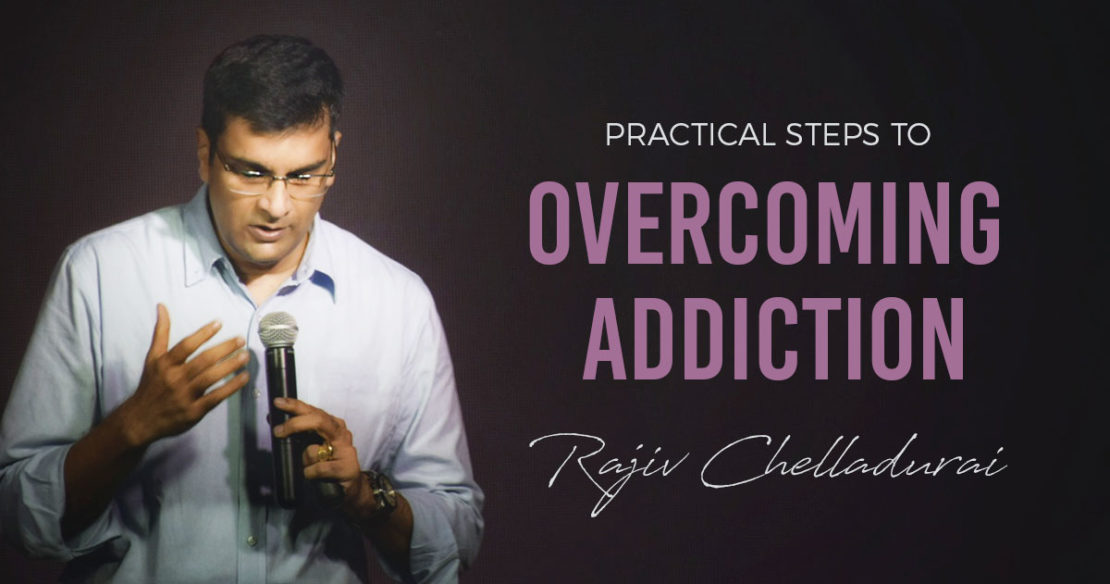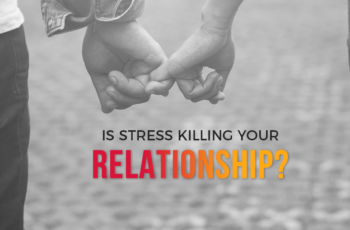Overcoming Addiction
So, is it possible to overcome an addiction? Whether it is binge-eating, alcohol or substance addiction or even plain old gossip-mongering — the answer is an overwhelming YES.
Today, I’d like to share with you a few steps that I took to successfully overcome binge eating as well as alcohol addiction. I hope this helps you in winning your battle with your specific addiction.
Step 1: Go beyond feeling bad about the situation to actually making a decision.
The starting point to overcoming an addiction is a firm decision. Move past self-pity and make up your mind to conquer your weakness. You will be surprised when you witness the power of a made-up mind.
Step 2: Recognize the triggers.
Triggers are incidents, events and interactions which cause you to indulge in your addiction. For my alcohol addiction, my triggers were things like meeting with certain acquaintances or, for some strange reason, when I grew up in Chennai, I felt I needed a drink every time it looked like it was going to rain. When I reflected on the root of this trigger, I tracked it back to my college days when we welcomed a rare drop in temperature because of cloudy skies by heading off for a drink. But the strongest trigger for me was when something unpleasant happened like an argument or a disappointment. Recognizing what your triggers are and being deliberate with a response instead of a non-conscious reaction is very important.
Step 3: Dismantle existing patterns and create new and healthy patterns.
We get used to doing things in a certain way and after a certain point it forms deep imprints in our neural pathways. These imprints are called patterns and these patterns manifest themselves as habits. We are most likely to follow sub-conscious patterns or routines. The trick to dismantling existing patterns is by creating new patterns which replace them.
Take for example driving to work — we rarely think of changing a particular route although there are alternative routes available. This is because our sub-conscious mind takes over this decision based on our choices and actions in the past. To lose weight, I had to change my daily routine which meant I needed to wake up around 5:15am to accommodate going to the gym, change my meal times, etc. This change didn’t feel comfortable or natural for the first few weeks; but as I persisted, it felt natural because it became my new pattern. The point I’m trying to make is that if a pattern is established, it becomes a comfortable state of mind. So, let me ask you this today, what are the patterns that are holding you hostage to your addiction?
Step 4: A compelling goal is the anchor to personal growth and fulfilment.
Ask yourself this today: If this addiction remains unchecked, how does that impact me, my loved ones, my health, my finances, etc.? What do I want to achieve that will give me complete satisfaction?
For me, the answer to the first question was quite clear: Alcohol addiction was ruining my health, my finances and, worst of all, it was causing me to make very poor choices.
The answer to the second question for me was this: I have talents and gifts which I could use to inspire others. When it came to binge-eating, my answer was: I wanted to stay healthy and fit and provide a satisfying lifestyle to my family.
But an important thing to realize here is you don’t experience the benefits of question two if you don’t deal with question one.
You need to answer these questions for yourself. Evaluate the benefits of the trade-off. I’ve realized is that once you make a decision, set yourself a compelling goal and back it up with the right set of actions; miracles actually happen. I went from 97.5 kgs to 79.5 kgs and am living testimony to this fact.
Step 5: Kill the excuses.
Excuses serve no purpose. It is bad when you make excuses to others but it is fatal when you make excuses to yourself. You can either have results or excuses — you can’t have them both!
Step 6: Get expert help and be willing to pay the price.
When I decided to lose weight, I chose not to browse the internet looking through thousands of diets. Instead, I sought the help of a dietician. This involved spending money, which to me, was like an investment. I realized that I needed expert, professional and personalized help because my goal was compelling and important to me. Also, for me, investing money motivated me to not let it go down the drain. I needed to get full paisa vasool on my investment.
Step 7: Have an accountability partner.
While pursuing the goal of becoming a healthier me, I needed to eat on time, plan my meals, etc.; so, I involved my wife as my accountability partner. She ensured that I stayed back on track when I was tempted to steer away. Accountability partners are critical and so always choose someone you can trust, who walks the course with you and who cares enough to be firm.
Step 8: Measure progress periodically.
I had a weekly pit stop with my dietician and the first thing I’d do was to stand on a large weighing scale at her clinic to check how many kilos I had shed that week. This one moment of delight was all that I lived for during the week. It is very important to periodically measure your progress and wisely celebrate small and big wins (binging on all the food you can lay your hands on isn’t the best way to celebrate if your goal is weight loss).
I hope this was of practical help to you. As someone who has more than once overcome addictions in life, I’d love to be of any assistance to you in your personal struggle.
– Rajiv Chelladurai
Rajiv Chelladurai is a certified Executive & Life Coach besides a certified EQi coach & assessor. Stepping away from a successful career he has chosen to pursue his purpose of assisting people and organizations to practice emotionally intelligent leadership. Rajiv is an author and an accomplished speaker.





Recent Comments